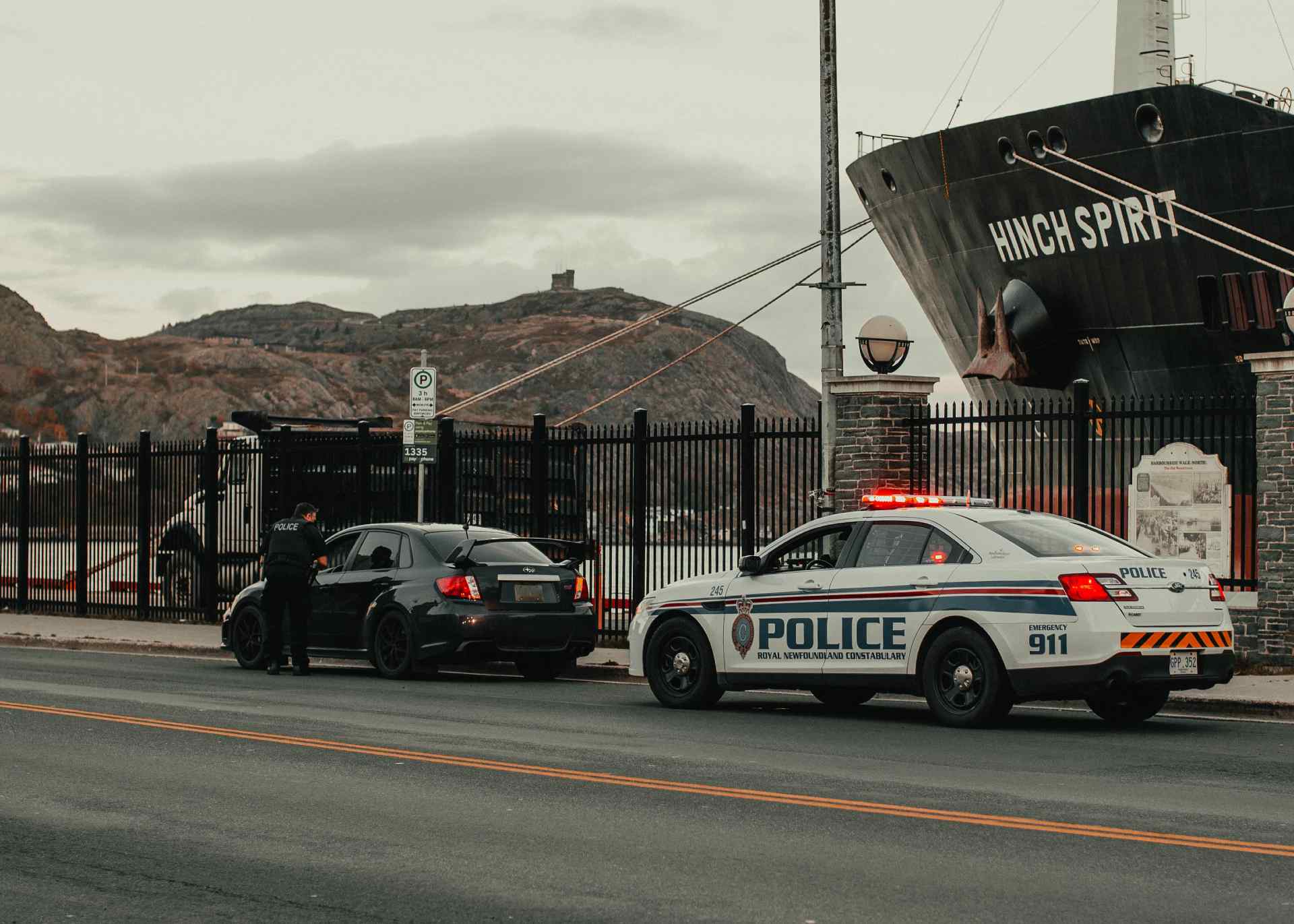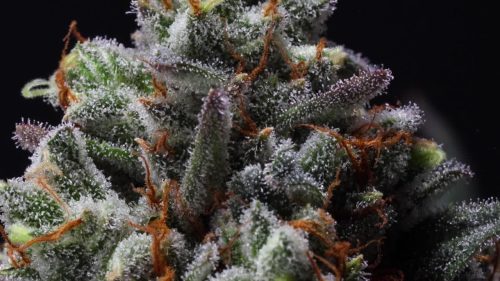As part of a 2012 initiative to legalize marijuana, Washington residents voted to enact a statute that makes it illegal to drive under the influence of cannabis. Therefore, an individual can be found guilty of driving under the influence (DUI) if they are stopped while driving in Washington state and their blood tests at 5.0 nanograms per milliliter or higher of tetrahydrocannabinol (THC), within two hours of driving.
However, the science is not concrete as to whether or not drivers are impaired at a specific concentration of THC in their blood. Instead, some researchers believe that it depends on a number of different factors. This includes: the particular person, the method of consumption, and/or the total quantity of cannabis consumed. Therefore, the current testing methods are often regarded as unreliable.
This has been a prevailing argument in the federal legalization war. One camp tirelessly contends that if we federally legalize weed, we have no way of measuring a persons’ impairment if they are behind the wheel, like we do with alcohol.
Additionally, while the THC levels measured in blood are scientifically indicative of recent cannabis consumption, there currently is no method for determining if 5.0 nanograms is enough to impair the driving capability of every single consumer as a whole.
One Everett man made a valiant effort challenging the State’s testing methods as it pertains to a cannabis DUI. Read along as we highlight their story.

Photo by Johnathan Cooper on Unsplash
Douglas Fraser III’s Cannabis DUI Challenge
Douglas Fraser III, a 29-year-old local in Everett, challenged the law which made it illegal to drive under the influence of cannabis after he was arrested for allegedly doing just that. Fraser admitted that he was driving above the speed limit and somewhat erratically at the time that he was stopped by the Washington State Trooper. However, this was due to the fact that he was rushing to pick up his child and get home.
The Traffic Stop
Subsequently, during the stop, Fraser noted that the Trooper had eyed his employee badge for a weed dispensary. When the Trooper asked if Fraser had recently consumed marijuana, Fraser said that it had been at least a day since he had last consumed cannabis for therapeutic purposes.
Nonetheless, the Trooper asked Fraser if he would consent to a blood test. This test would determine if he was operating the vehicle under the influence of cannabis. Unfortunately, Fraser’s results indicated that he had 9.4 nanograms of THC in his blood. The legal limit, however, currently sits at 5.0ng/mL.
After hearing the results, Fraser was in disbelief, as he firmly believed that he was not breaking any specific laws. Fraser was subsequently found guilty of driving under the influence of cannabis. During a bench trial at the Everett District Court in 2019, Fraser was sentenced to 15 days of electronic home monitoring.
But Fraser was determined to challenge the law, courts analysis, and ultimately, bring visibility to this complex topic.
Fraser’s Appeals
Fraser appealed to the Snohomish County Superior Court. In the appeal, Fraser’s attorneys argued: “there is no scientific evidence showing all drivers are impaired at a specific concentration of THC in their blood. Thus, the law’s five nanograms per milliliter standard is overly broad and its enforcement an improper use of the state’s police powers, according to his legal argument.” Moreover, Fraser believed that the law was vague in that, he thought that he could drive under the influence of cannabis, so long as he did not consume so much that it impaired his driving.
Consequently, his appeal was denied by the Superior Court. However, the litigation did not stop there– The Supreme Court took the case on direct review.
The Supreme Court Justices, “acknowledged that while there may not be a universal THC blood level akin to the 0.08% BAC for alcohol impairment, ‘the studies do show that THC levels above 5.00 ng/mL are indicative of recent consumption in most users.'”
Additionally, the Court wrote that, “Detecting and preventing impaired driving and cultivating highway safety is the exact evil that this law aims to prevent and the exact public safety the law seeks to promote,” therefore, they were unconvinced by Fraser’s legal arguments.
The Outcome
Ultimately, Fraser ended up with the cannabis DUI. This also included a speeding ticket, 15 days of house arrest, three years of probation, and around $4,000 in fines and fees. Fraser’s story is all too common for cannabis consumers. Even medical patients in other states have faced similar obstacles; attempting to challenge the standard of testing for cannabis impairment.
Moreover, this topic is even more complex when you tie in issues of racial disparities in arrest rates. While Fraser is white, Black Americans are four times more likely to get arrested for possession of cannabis. They are also significantly more likely to be pulled over and searched. All the more reason to push states to conduct more research and find better methods of testing cannabis impairment.
You can read that ruling here.
The Future of Cannabis DUI Testing
According to Wired, “there is no such thing as a marijuana Breathalyzer, no biological factor that indicates whether someone is impaired by cannabis at the moment you test them—not blood or urine or hair or breath or spit.” Consequently, while every state prohibits driving under the influence of cannabis, no state has found a reliable way to identify those who are stoned from those who are sober.
As a result, cannabis DUIs are exacerbating our mass incarceration problems and disproportionately impacting people of color. Therefore, critics often relay that, “stoned driving is therefore one of the biggest unresolved sticking points in the long slide toward legalizing marijuana in the US—a Kafkaesque quandary with no clear solution.”
Ultimately, Fraser’s case brought great visibility to the issues surrounding cannabis consumption and the unreliability of DUIs testing for cannabis. It also offers a cautionary tale to consumers out there: “don’t drive for several hours after using cannabis in any form.” At least until scientists have come up with a better method of testing than THC nanograms in blood.
More Content
THE RELATIONSHIP BETWEEN BACKWOODS AND HIP-HOP
TERPENES FOR ANXIETY: 3 TERPS IN CANNABIS WITH STRESS-RELIEVING PROPERTIES
RAPPER WEED: WHICH RAPPERS HAVE CANNABIS PRODUCTS IN THE MARKET? WHO ACTUALLY HAS THE FIRE?
18 COMPANIES THAT DON’T DRUG TEST THEIR EMPLOYEES FOR WEED
7 TIPS FOR MARKETING CANNABIS AND CBD ON TIKTOK AND INSTAGRAM








